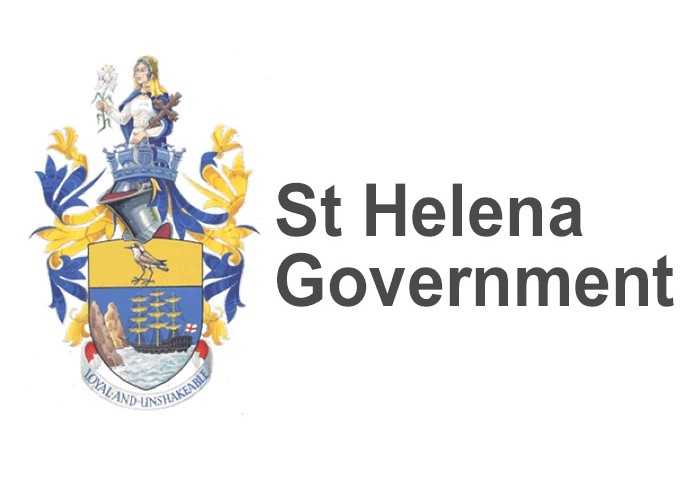ST HELENA – St Helena Government was disappointed to read in three recent Sentinel articles – ‘St Helena Coffee under Threat from Tax Reforms’ (p.5, 7 March) ‘Stop the Devaluation of St Helena Coffee’: Coffee Producers Band Together (p. 6-7, 21 March) and Refocusing the St Helena Coffee Discussion: Back to the Real Issue (p. 6-7, 28 March) – that the 2018 Tax Reforms have been cited as a potential threat to our niche St Helena Coffee product.
There unfortunately has been a misunderstanding of two separate policies – The Tax Policy which supports the achievement of the goals of the Sustainable Economic Development Plan (SEDP) and the SHG Biosecurity Policy on the protection of a particular local species of plant.
The 2018 Tax Reforms and subsequent Tax Policy reduced the Import Duty from
20% to 5% on ‘Trees, shrubs, and bushes, grafted or not, of a kind which bear edible fruit or nuts’ or plants in general. This was not specific to coffee plants. The reduction in Import Duty was one of a range of duty reductions made in April 2018 and is to help the agriculture sector which is one of the SEDP sectors, and in particular assist horticulture and fruit growing.
The press release issued on 6 April 2018 and available online here: http://www.sainthelena.gov.sh/changes-to-customs-excise-duty/ states:
‘A number of imports related to agriculture, fishing and drinks making will see a decrease in import duty from 20% to 5%. These changes provide further support for industries which directly contribute to export or import substitution and help to improve St Helena’s trade imbalance, as set out in the Sustainable Economic Development Plan.’
We note that at the time of this press release there was little commentary on these changes by the Sentinel in their following publication on 12 April 2018 except to point out that ‘SHG April 6 released new customs and excise tariffs to come into effect May 1’.
The Economic Development Committee (EDC) endorsed the SEDP which encourages coffee growth in general and Income Tax has also been reduced for coffee growing activities, but there has never been a policy endorsed by EDC to encourage the specific bringing in of coffee plant material.
The Agriculture & Natural Resources Division (ANRD) has Biosecurity measures which adequately safeguard the St Helena coffee industry from new pests and disease arriving on-Island.
We are aware that St Helena Coffee is special, but it is currently unknown whether the uniqueness of the bean stems from some previous cross pollination to create a unique strand of coffee plant on St Helena, whether the growing conditions such as soil and temperature create the unique taste, or it is a mixture of both, which allows St Helena’s coffee to be of such high regard globally. This is an area that SHG will be looking into in response to the letter by coffee growers, and regulations against the importation of new coffee plant material and seeds can be considered on the back of this, should the import of coffee plant material be a risk to the existing stock. It is noted that there have been no queries from any prospective importers regarding the requirements for, or possibility of importing coffee in either plant or seed form made to Biosecurity at least since the year that ASYCUDA reported imports (May 2016), and any potential change is to mitigate future potential problems which could occur.
Unfortunately, the Sentinel has made claims that a policy of importing coffee plant material exists in SHG – but it does not. We apologise that there has been a misunderstanding around SHG’s policy with regards to coffee growing and we hope that this information clarifies the situation.
The EDC has invited both coffee growers and the Sentinel to discuss the issues around coffee growing on Thursday, 4 April. SHG representatives will be there to listen to concerns and assist where actions are necessary to protect and enhance St Helena’s coffee industry.
#StHelena #SEDP















